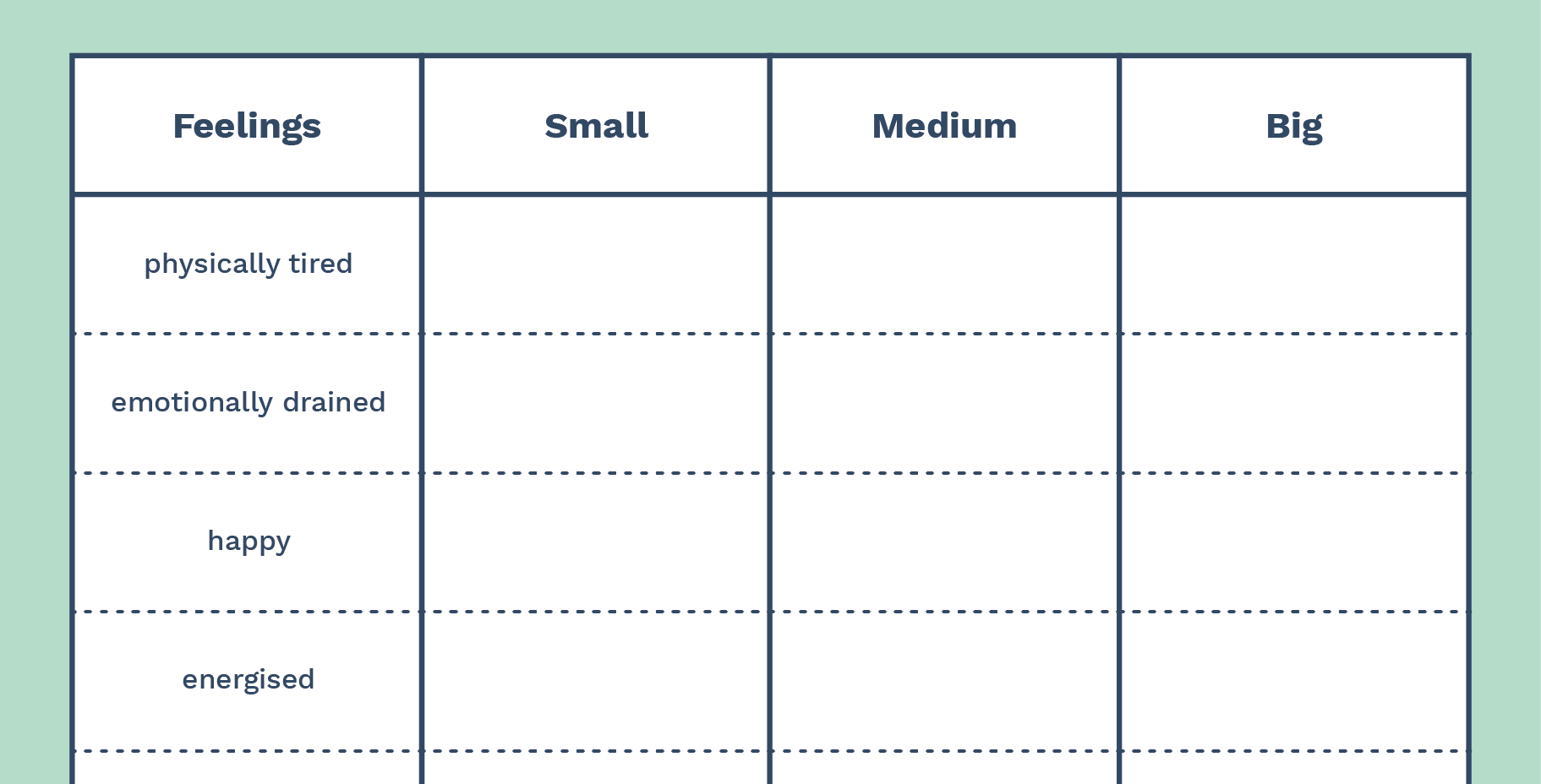Preparing A Soft Landing

When working on a project or towards a goal it is often hard to see beyond the deadline. All your energy, time and anxiety is focused on making sure you get everything prepared, done well and ready on time.
Let’s just note that this is a good thing. It means this deadline is working. It's applying pressure so you make decisions and get things done (if it's not, take a look at our post on "Matching Expectations With Energy Levels" as you might need to take a different approach). However, what you decide to do after reaching this deadline will have a major impact on your overall motivation levels going forward.
Ultimately you want all this hard work to lead to positive, motivating feelings that carry you forward, but sometimes simply completing the task itself isn’t going to give you this. Think back to the last job application you made and were happy with, only to hear nothing back whatsoever. Demotivating right?
Well this is where preparing a soft landing comes in. Knowing how you will celebrate or distract yourself afterwards will stop you from checking your emails every 5 minutes hoping for a response, or allowing the moment to be an anti-climax.
Exercise
In this exercise you will plan out your “soft landings”. Looking at what you will do after achieving a task, project or goal, so you can put in place activities that will keep you motivated over the long-term.
1. Write down how you normally feel after meeting a deadline or reaching a goal
Be honest with yourself; it’s not about how you think you should feel, but how you actually feel. I personally feel deflated and tired after completing a project. You may feel the opposite. Whatever you feel, write it down.
2. Divide a piece of paper into 4 columns and title each like so:

3. Under “Feelings”, list how you feel
Add the feelings you noted down in step one to the "Feelings" column. Try and make them individual i.e. you might feel physically and emotionally drained, or happy and energised, these would be written as 4 different feelings like in the example below.
Also don’t worry if your emotions don’t feel logical, or conflict with each other, i.e. feeling physically tired and happy at the same time. Just list them all, we are complex beings.

4. Create ideas for small “soft landings”
Spend 30 seconds for each feeling coming up with ideas for small (cheap and quick) activities or actions you can take that will help you pay attention to this feeling, distract yourself or change how you feel altogether depending on your aim.
I.e. If you feel physically tired maybe you could do something to regain energy, like go for a walk. If you feel happy, how could you acknowledge this? Could you tell someone about your achievement? Ceremonially cross the item off your list? Or even treat yourself to something small like a biscuit with your tea/coffee?
The importance of celebrating success
It might not be in your nature to celebrate your own successes, but when working for yourself it is super important that you do so. At the very least you need to find ways to recognise and make note of them. This is to challenge our mind’s natural behaviour of focusing on problems, or skipping on to the next big thing. Ignoring this step will lead to your work feeling like a constant grind.
5. Create ideas for big “soft landings”
Spend 30 seconds per feeling for over the top (maybe even expensive) ideas that you can use when you achieve a major goal i.e. Could you buy yourself that purchase you’ve been considering? Or throw a party with friends?
Let your imagination run wild here. You might not ever actaully do any of these, but it's nice to think about.
6. Create ideas for medium “soft landings”
Now you’ve set the bar low and high, what ideas do you have for things that sit in the middle? I.e. Could you go for a drink with a friend? End your day early and head out for a fun/healthy/relaxing activity?
7. Keep this table visible and remind yourself to use it
Stick it to your wall, take a photo of it and save it as a wallpaper, whatever you need to do to keep it visible. And more importantly, whenever you add a deadline to your calendar, place an event just after reminding yourself to select a “soft landing”.
Start drawing from your small ideas on a regular basis to make your working week more enjoyable, and then, when you acheive a larger goal reach for the medium (maybe even big) idea to mark the occasion.

Adam Ellison
The founder and course mentor at The Monday Morning Club
